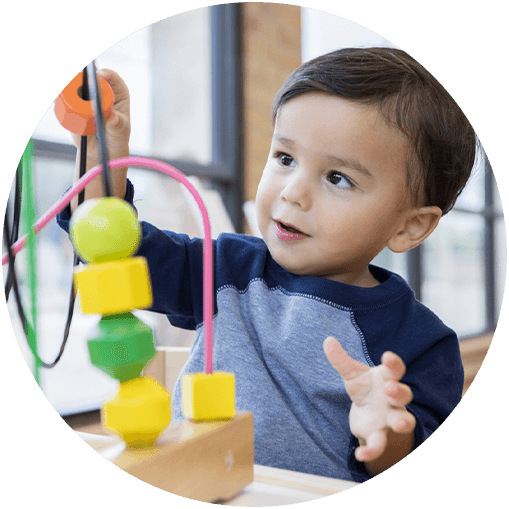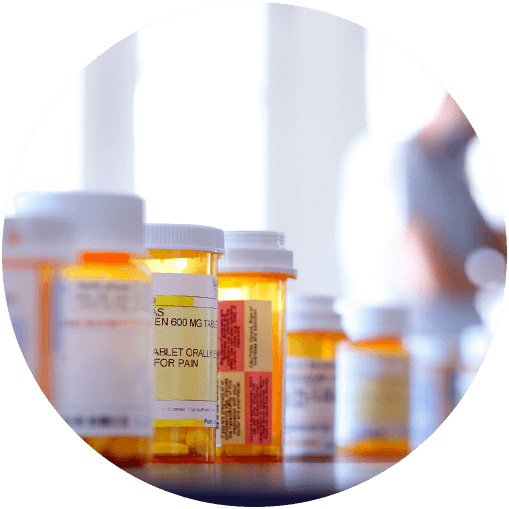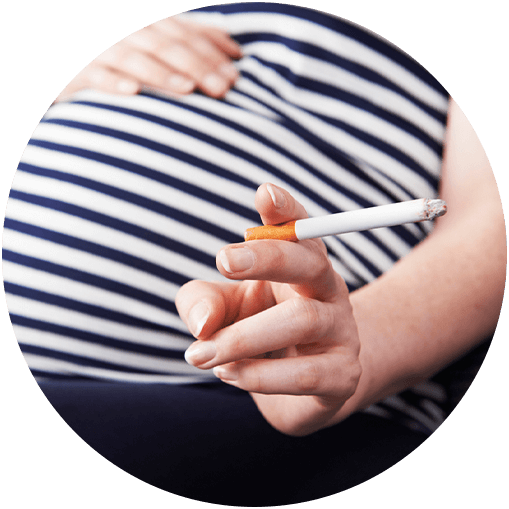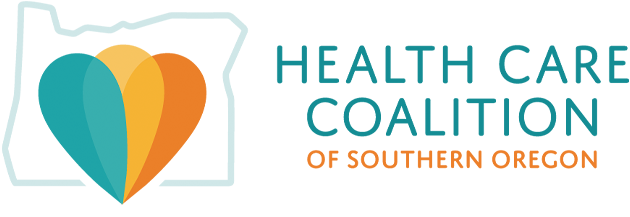Recovery &
Mental Health
Although the term “postpartum depression” is most often used, there are other forms of mood and anxiety disorders that a new parent can develop around the time of childbirth. Symptoms can appear any time during pregnancy, and up to the first 12 months after giving birth. The good news? There are mental health resources and treatment options to help you recover — because your health matters.
- Baby Blues & Depression
- Infant and Toddler Mental Health
- Substance Use Support
- Quit Smoking
- Addiction Treatment for Mothers
Baby Blues & Depression: Maternal Mental Health

“Baby Blues” is a common phrase used to describe the mild mood changes and feelings of worry, unhappiness, and exhaustion that many new parents experience in the first few weeks after having a baby.
We know that babies require around-the-clock care, so it’s normal for parents to feel tired or overwhelmed at times. If mood changes and feelings of anxiety or unhappiness are severe, or if they last longer than two weeks, you may have postpartum depression. Parents with postpartum depression generally will not feel better unless they receive treatment — such as support from a medical provider or counseling.
Perinatal depression is a mood disorder that can affect you during your pregnancy and after the birth of your child. Perinatal depression includes symptoms that begin during pregnancy (called prenatal depression) and depression that begins after the baby is born (called postpartum depression). People with perinatal depression often experience feelings of extreme sadness, anxiety, and fatigue that may make it difficult for them to carry out daily tasks, including caring for themselves or others.
^ from: Perinatal Depression
“100% of Healthy Start participants are screened for depression!””
– 2023 Benchmark Report
Infant and Toddler Mental Health

There are some great local providers who specialize with early mental health.
|
Douglas County
Josephine County |
“After childbirth, a mother can experience varied emotions ranging from joy and pleasure to sadness and crying bouts. These feelings of sadness and tearfulness are called “baby blues,” and they tend to decrease over the first 2 weeks after delivery.”
– National Library of Medicine
Substance Use Support

The use of tobacco, alcohol, or illicit drugs — or misuse of prescription drugs — by pregnant women can lead to severe health consequences for babies. This is because many substances pass easily from mom to baby through the placenta, or even through breast milk after childbirth.
“Around one in seven women can develop postpartum depression (PPD). While women experiencing baby blues tend to recover quickly, PPD tends to be longer and severely affects women’s ability to return to normal function.. ”
– National Library of Medicine
Quit Smoking

Smoking during pregnancy increases the risk of health problems for developing babies, including preterm birth, low birth weight, and birth defects of the mouth and lip. Smoking during and after pregnancy also increases the risk of sudden infant death syndrome (SIDS).
Additionally, e-cigarettes and other tobacco products containing nicotine (the addictive drug found in tobacco) are not safe to use during pregnancy. Nicotine is a health danger for pregnant women and developing babies, and can damage an infant’s brain and lungs. Also, some of the flavorings used in e-cigarettes may be harmful to a developing baby.
“Early childhood and caregiver mental health services are foundational for whole-person wellness; mental health should be considered just as important as physical health, particularly for growing children. ”
– Alison Hinson, Founder/Director of Juniper Tree Counseling & PNTF Member
Addiction Treatment for Mothers

|
Douglas CountyJosephine County |
